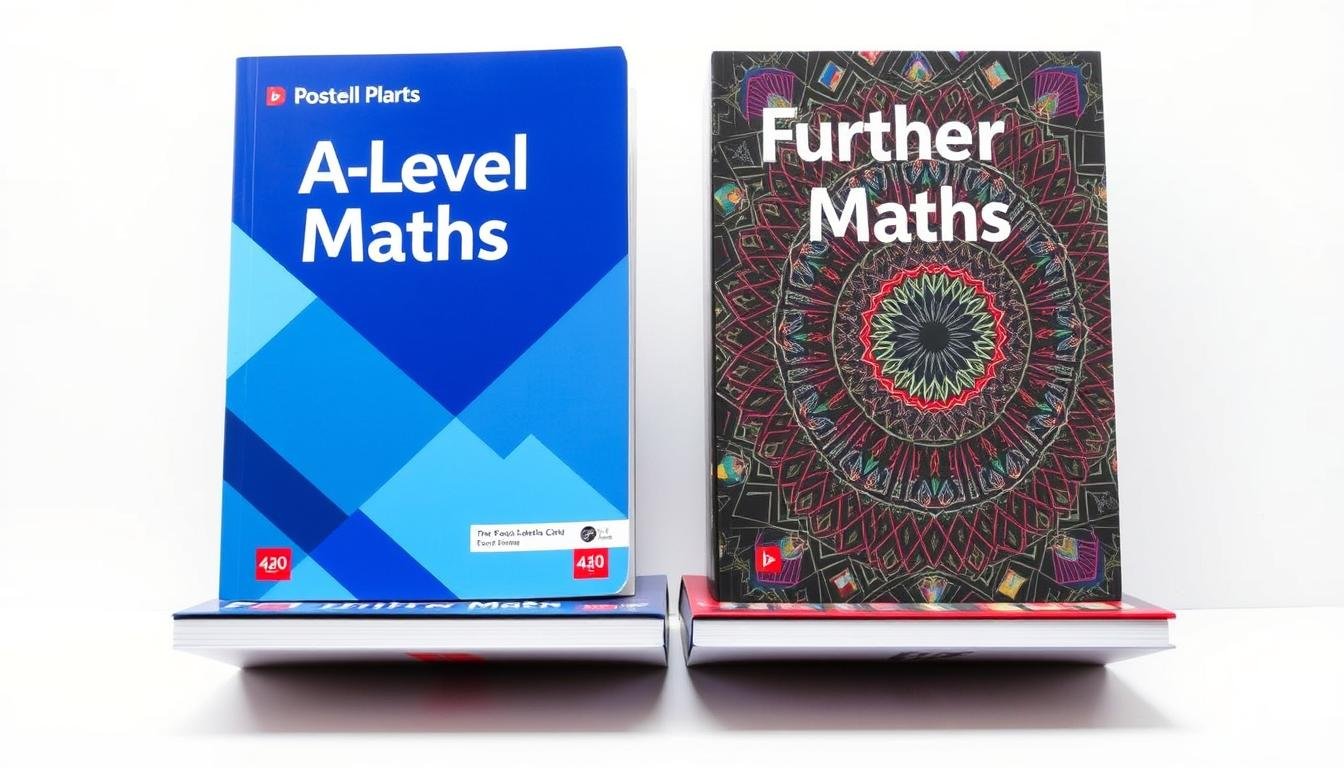Are you unsure whether to choose GCSE Combined Science or Triple Science for your studies? It’s important to understand the differences between these two science paths. This will help you make a choice that fits your future plans.
When picking your GCSE science, remember that Combined Science is worth two GCSEs. On the other hand, Triple Science offers three separate GCSEs in Biology, Chemistry, and Physics. This big difference can really affect your future chances.
As you decide, it’s key to look closely at each path. By learning about the key differences between GCSE Combined and Triple Science, you can choose wisely. This choice will help you reach your goals.
Main differences between GCSE Combined and Triple Science
Implications for future academic and career choices
Understanding GCSE Science Options
It’s important to know the difference between GCSE Combined Science and Triple Science. This helps you make the right choice for your science education. Each option has its own path to follow.
What is GCSE Combined Science?
GCSE Combined Science covers Biology, Chemistry, and Physics. It gives a wide view of scientific basics. You get a double GCSE qualification by studying these subjects together.
What is GCSE Triple Science?
GCSE Triple Science, on the other hand, lets you dive deep into three separate science subjects. You earn three GCSE qualifications. It’s perfect for those who love science and want to explore each subject fully.
How They Fit into the UK Curriculum
Both GCSE Combined Science and Triple Science are key parts of the UK curriculum. They aim to give students a strong base in science. Your choice depends on your goals and interests. Here are some things to think about:
- The breadth of scientific knowledge covered
- The depth of study in each scientific discipline
- The number of GCSE qualifications awarded
GCSE Combined vs Triple Science: Key Differences

Choosing between GCSE Combined Science and Triple Science is a big decision. Knowing the differences can help you make the right choice. These choices can affect your school work and future plans.
Content and Depth Comparison
GCSE Combined Science teaches the basics of biology, chemistry, and physics. It gives a wide science foundation. On the other hand, GCSE Triple Science dives deeper into each subject, leading to three separate GCSEs.
Triple Science offers a detailed look at scientific ideas. This is great for students serious about science careers.
Assessment Structure and Grading
GCSE Combined Science and Triple Science have different tests. Combined Science has exams that cover all science areas. Triple Science has separate exams for biology, chemistry, and physics.
| Assessment Aspect | GCSE Combined Science | GCSE Triple Science |
|---|---|---|
| Exam Structure | Integrated science exams | Separate exams for biology, chemistry, and physics |
| Grading | Double award grading (e.g., 9-9, 9-8) | Three separate GCSE grades |
Time Commitment and Classroom Hours
GCSE Triple Science needs more class time because of its detailed science lessons. This extra time is something to think about when choosing.
Also, consider how Triple Science’s time needs might affect your school life and other activities.
Impact on University Applications
Choosing GCSE Combined Science or Triple Science can influence your university applications. GCSE Triple Science shows a strong science interest. But, always check the university’s specific requirements for science courses.
Choosing the Right Science Path for You
Choosing between GCSE Combined Science and Triple Science depends on your strengths, interests, and future plans. By knowing the gcse combined vs triple science differences and similarities, you can make a choice that fits your goals.
Think about your strengths and what you enjoy. If you’re good at all three sciences and love them, Triple Science might be the better choice. But if you prefer a balanced science approach or struggle in one subject, Combined Science could be right for you.
Both paths aim to give you a strong grasp of scientific concepts. Knowing the gcse combined vs triple science similarities helps you see the value in either option. By carefully considering your options, you can pick the science path that meets your needs and dreams.




